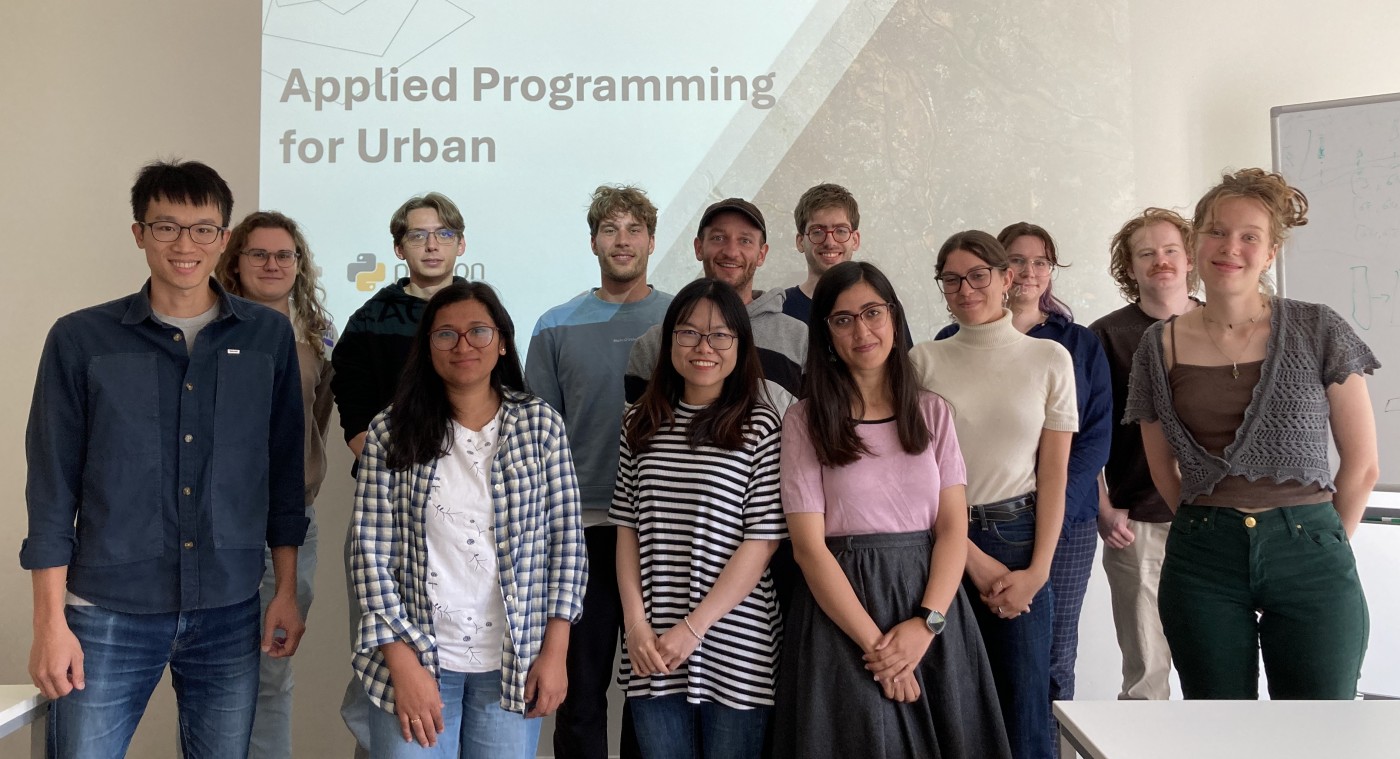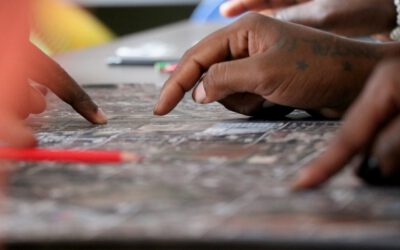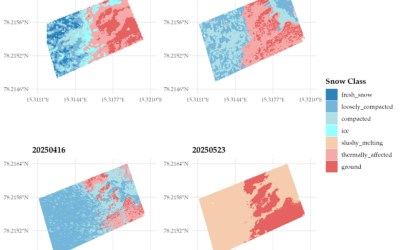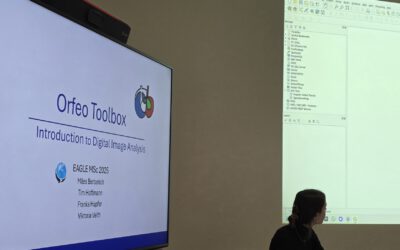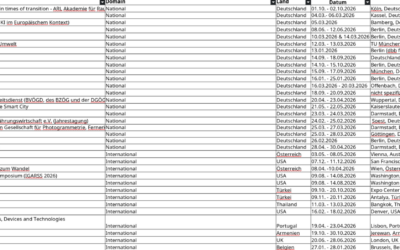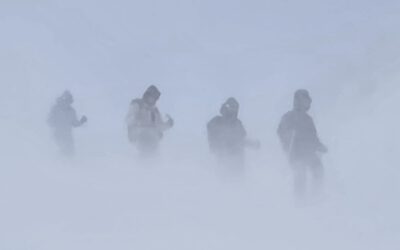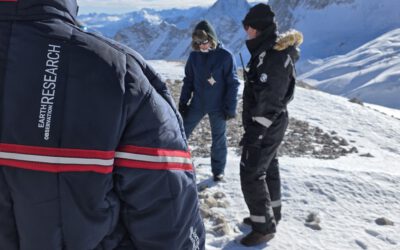Our EAGLE students recently wrapped up the Applied Programming for Urban course by our PhD student De-Cyuan Jheng — a hands-on, advanced continuation of last semester’s Spatial Python for Remote Sensing. Building on their foundational skills, this course further deepened their understanding of Python programming in the context of GIS and remote sensing, with a clear focus on urban research applications.
The second half of the course featured three applied seminar blocks that challenged students to work with real-world data and develop analytical approaches to urban issues:
-
Urban Climate Seminar: Students explored the relationship between land surface temperature (LST) and urban morphology. By comparing various LST datasets, they identified suitable data sources and applied them to case studies in Munich and Cologne.
-
Urban Development Seminar: Focusing on global built-up surface datasets, students derived long-term indicators of urban growth. Through analysis of ten major cities across five continents, they revealed diverse trajectories and patterns of urban expansion.
-
Urban Human Activity Seminar: Applying natural language processing (NLP) techniques to social media data, students investigated social dynamics in Lagos. This approach provided a complementary perspective to Earth observation data, shedding light on how residents engage with different urban spaces.
Throughout the course, students went beyond passive learning. They led individual sections of the seminars, explaining technical methods and demonstrating their application. This not only enhanced their technical proficiency but also strengthened their ability to communicate complex geospatial concepts in a meaningful, real-world context.

